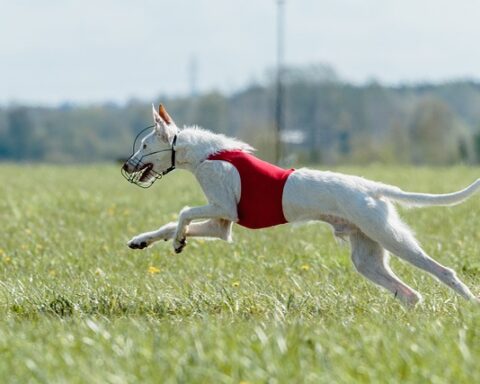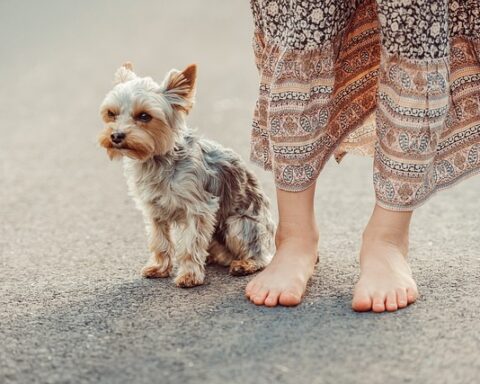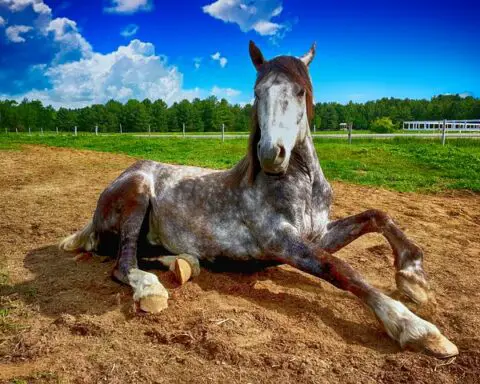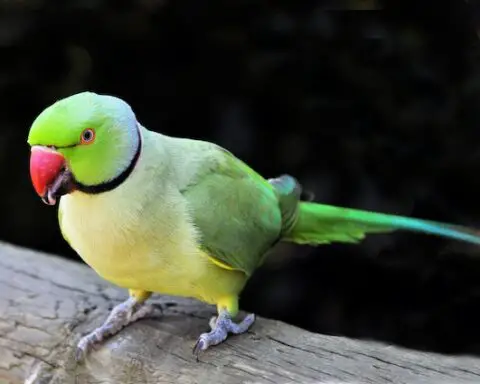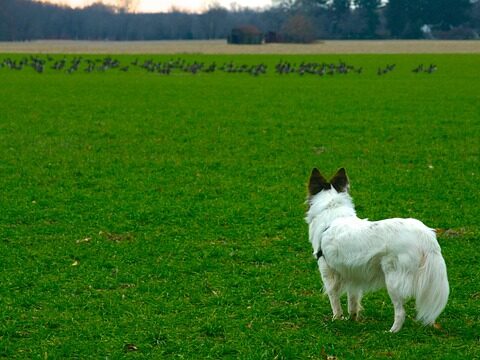Getting a dog is an adventure. They’re cute, loyal, adorable, and make great pets. There are so many breeds out there, and each has its own unique charms. However, as much as they love dogs, many people have allergy issues. Pets tend to shed a lot, which can cause or exacerbate these allergies.
If you’d like to get a dog but are afraid of having allergy issues, don’t worry. In this article, we will be talking about hypoallergenic dog breeds, those that work even for people with allergies, and which breeds you shouldn’t get if you or a family member has allergies.
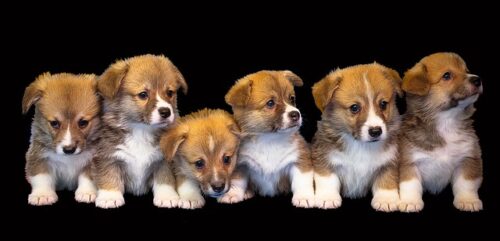
The Best:
Bichon Frise
Bichons have soft, velvety hair, which continues to grow and does not shed. However, when it comes to grooming, hypoallergenic dogs are not necessarily low-maintenance dogs. This breed must be brushed regularly, as well as getting monthly washes and trims. Bichons are personality-based breeds that work well with other pets and kids. They are alert, confident, lively, and pleasant in general.
Havanese
Havanese have a silky coat in many colors. You can keep this dog’s coat as it is, like most people do, or trim it slightly. This breed does not shed much, which eliminates most of the allergy problems. Havanese are adaptive, smart, and social and make especially good pets for city dwellers.
Maltese
These hypoallergenic canines must be brushed daily and groomed often to avoid their long, white robes from shedding dander and hair, which can cause allergies. The Maltese are a very versatile breed and are amazingly fearless, so they are great for security and protecting families. They’re also good athletes and like to be active, so you can have a lot of fun with them. Although stubborn sometimes, they react well to reward-based instructions.
Poodle
In hypoallergenic canines, poodles are frequently considered to be the gold standard. This breed is the perfect hypoallergenic breed because of its non-shedding coats, which are good for persons with allergies. They are also enthusiastic, athletic, smart, and versatile. They can be easily trained. They also have a long lifespan, which is a great benefit.
Schnauzer
Schnauzers have a double coat. The lower one is dense and soft, and the top flares out. It requires daily brushing to inhibit the formation of mats, particularly in their beards and legs. Moreover, the body coat must be shaved off at least twice a year (only the dead and detached hair). This helps to decrease the chance of allergies. They are also very social, clever, and alert and are awesome with kids and families.
Chinese Crested
These dogs are not just attentive, but also tend to be closely bonded to their human families. The breed is available in two varieties: hairless and powderpuff. The undercoat is shorter, and the outside cover is a veil overlay, which reduces the need for brushing. On the other hand, the hairless Chinese Crested has no hair, so it does not shed, and there is no smell.
The Worst:
German Shepherd
German shepherds are intelligent, devoted, fearless, and eager to please. Unfortunately, they are one of the worst breeds if you or a family member has allergies. They shed a lot, no matter if you get the short or long hair breed. They are also prone to skin issues. This breed has a lot of hair, and due to environmental conditions, it can produce a lot of dander.
Siberian Husky
Another prominent breed is huskies. They are remarkably gorgeous, athletic, and sociable, but might create an issue if someone in the home has an allergy. Huskies and other double-coated races are known to shed large amounts of hair in the house. In their original Arctic region, their thick covering of fur keeps them warm from the cold weather. Be careful when considering this breed!
Pug
Pugs are small dogs that shed all year long. Their flat wrinkled snouts make them susceptible to allergies, leading to dry, sensitive skin and possibly bacterial infections. They are prone to rub against furniture and rugs if they get itchy, so make sure to clean your house every day.
Boston Terriers
Boston terriers in particular are prone to dry, itchy skin and runny eyes, and their excessive mucus makes them less appropriate for people with allergies.
Saint Bernard
Because of their kind and devoted demeanor, St Bernards has sometimes been nicknamed nanny dogs, good for families with small children. However, when it comes to allergies, they can contribute to big, big problems. The larger the dog, the greater the amount of dander it will produce. This breed also sheds a lot, circulating fur throughout the house. They tend to drool a lot as well, which can get saliva all over the house causing reactions and infections.
Cocker Spaniels
They have grown over time into great family dogs unless you have allergies. These dogs have beautiful and long-haired coats that shed away, and they also drool. This breed is susceptible to allergies of the skin, which eventually can lead to a further spread of the dander.
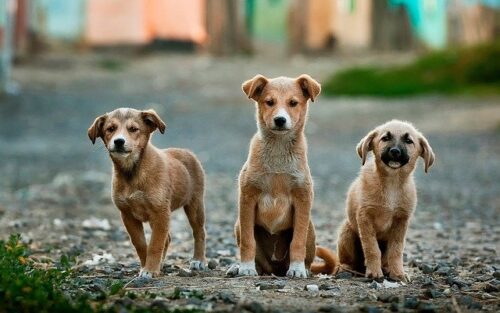
With this list, you can now pet your dog-friend without the risk of allergies! Make sure to always consult a doctor about the type of allergies you have before you decide on a dog breed. Sometimes even the ones we mentioned here could be suffering from an illness you might not be aware of. Get your pet checked up by a vet every month, and provide them with the vaccines and right food and CBD products that can help them stay healthy. Thank you for reading!

